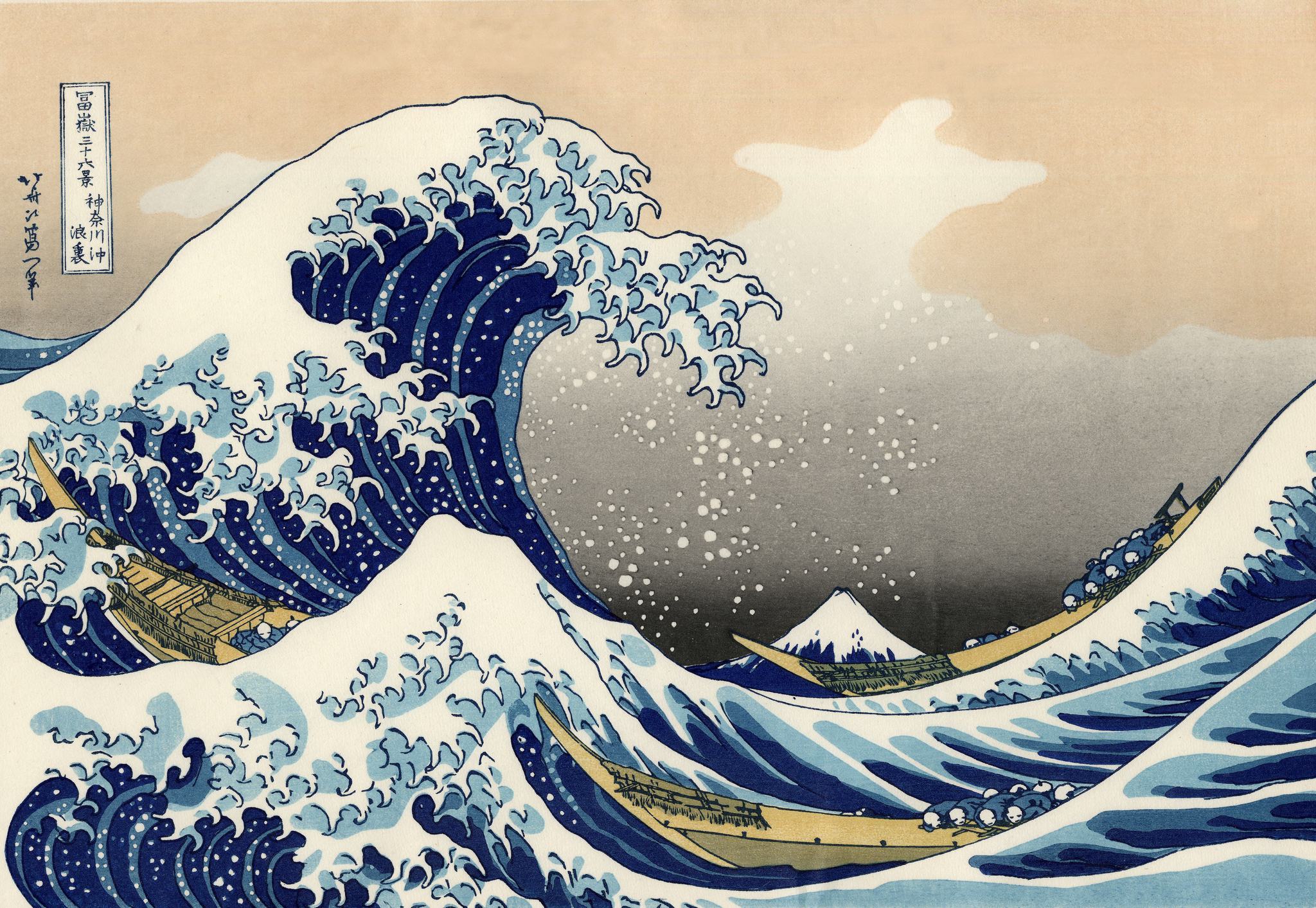Errors & Omissions: There’s ancient – and then there’s merely old
Like and as if; journalese; the Enigma machine; and bishops: glitches in the week’s Independent

Your support helps us to tell the story
From reproductive rights to climate change to Big Tech, The Independent is on the ground when the story is developing. Whether it's investigating the financials of Elon Musk's pro-Trump PAC or producing our latest documentary, 'The A Word', which shines a light on the American women fighting for reproductive rights, we know how important it is to parse out the facts from the messaging.
At such a critical moment in US history, we need reporters on the ground. Your donation allows us to keep sending journalists to speak to both sides of the story.
The Independent is trusted by Americans across the entire political spectrum. And unlike many other quality news outlets, we choose not to lock Americans out of our reporting and analysis with paywalls. We believe quality journalism should be available to everyone, paid for by those who can afford it.
Your support makes all the difference.A film preview last Saturday betrayed a failure of general knowledge: “The Tale of the Princess Kaguya: This gorgeous and wistful animated folk tale is drawn with a wispy watercolour delicacy that makes it look like ancient Japanese woodcuts have come to life.” These “ancient Japanese woodcuts” must be the likes of Hokusai’s The Great Wave off Kanagawa (above). Ancient? Well, those oriental artworks in museums have got to be jolly old, right? Actually, no. Japanese print-making flourished from the 17th to the 19th century, and the best-known artists came at the end. Hokusai, Hiroshige and Kuniyoshi were contemporaries of Turner, Géricault and Friedrich. Not exactly modern, though their influence on Western modern art is immense, but hardly ancient.
On a different point, in British English, the adjective “like” relates to nouns, not verbs. “Makes it look like ancient Japanese woodcuts have come to life” has a whiff of Damon Runyan about it. “Like” should be “as if”.
• On Monday, a comment column slipped unaccountably into journalese: “For this courageous stand, they were slammed and branded ‘self-loathing Jews’.” “Branded” is bad enough, but “slammed”? “Slam” is a classical headline word: short, sharp and dramatic. It paints a picture of sudden violence, so much more colourful than “criticise” or “condemn”, which is what users of “slam” mean. It is difficult to say precisely what the metaphor signifies. Is the offender being slammed against a wall, or what?
• Another unaccountable bit of journalese crept into a report of an interview with the historian Peter Ackroyd, published on Thursday: “His own patch of the metropolis is in a square beside Doughty Street, in London’s Bloomsbury.” Why “London’s” Bloomsbury? We’ve just said it’s in the metropolis. And Bloomsbury is well known even outside London. Even the regions beyond the M25 have heard of Virginia Woolf and the rest of the Bloomsbury Group.
• On Monday, a news story reported on Alan Blumlein, an engineer and inventor whose contribution to British victory in the Second World War is now being recognised. “Like Turing, the brilliant mathematician who cracked the Enigma code … Blumlein turned his skills to the war effort.”
Well, sort of. Nobody has ever claimed that Alan Turing defeated Enigma all on his own, though his contribution was crucial. And by now everybody ought to know that there was no such thing as “the Enigma code”. Enigma was a machine that generated new and different codes each time it was used.
• We seem to be in a mess about Church of England bishops. A news story on Monday involved the Bishop of Durham, the Right Reverend Paul Butler. At the second mention he became “the Rt Rev Butler”.
No. The style “the Rt Rev” has to be followed by the Christian name. The second mention could be either “the bishop” or “Bishop Butler”. The latter used to be anathema in the CofE, but has become common usage.
This column appeared in the print edition on Saturday 4 April
Join our commenting forum
Join thought-provoking conversations, follow other Independent readers and see their replies
0Comments